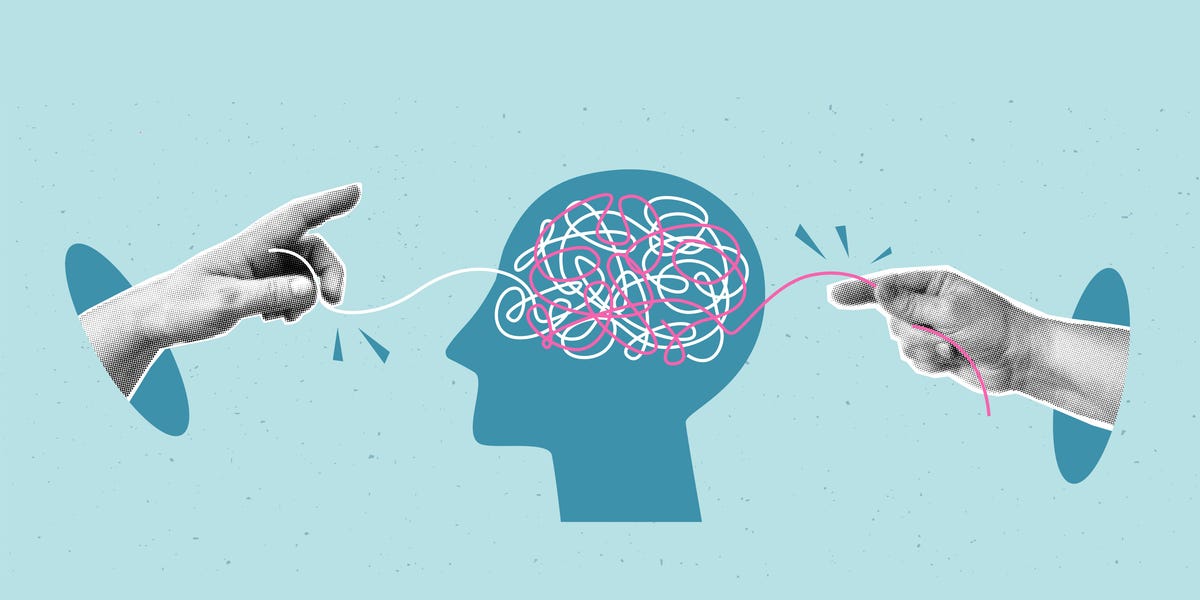Five Surprising Dementia Red Flags That Aren’t Memory Loss
The Unexpected Signs of Dementia
Dementia is often synonymous with forgetfulness, making memory loss its most recognized symptom. However, there are other, less obvious, indicators that may suggest the onset of dementia. While these symptoms can be easily mistaken for age-related quirks, their presence may warrant a closer look.

1. Changes in Mood and Personality
Have you noticed significant mood swings or personality shifts in a loved one? These changes can manifest as depression, anxiety, or uncharacteristic irritability. Early dementia can cause mood alterations as the individual struggles to process their altered cognitive landscape.
“Dementia affects the individual in more ways than one, and recognizing these changes early on can make a significant impact on treatment and support.” - Alzheimer's Association
2. Difficulty with Coordination and Motor Functions
Tasks that require coordination, such as buttoning a shirt or tying shoelaces, may become challenging for individuals with dementia. This symptom often goes unnoticed as people may attribute clumsiness to aging. However, persistent issues in motor function should be assessed.
3. Challenges with Visual Perception
Not all vision problems are due to eye-related issues; some are connected to the brain. Individuals with dementia may experience difficulty judging distances, differing colors, or contrast, an aspect that poses risks especially when driving or navigating new environments.
4. Struggling with Familiar Tasks
Complex tasks, whether at work or home, might become puzzling or overwhelming. This can include balancing a checkbook or following a simple recipe. These skills may decline as a result of cognitive impairment brought on by early-stage dementia.
- Inability to follow step-by-step instructions
- Trouble planning or organizing events
- Difficulty managing household tasks
5. Withdrawal from Work or Social Activities
People experiencing early dementia may retreat from their usual activities or hobbies. The fear of not being able to keep up, or embarrassment over cognitive slip-ups might lead them to isolate themselves from friends and family.
Watch this informative video about support for dementia patients.Further Insights into Dementia
Understanding these signs as potential precursors to dementia and seeking medical advice can pave the way for better management. Early diagnosis and intervention can significantly improve quality of life.
For more resources, explore related articles on Healthline, or dive into scientific journals available on JSTOR.
Follow and learn from industry experts like Dr. Jane Doe on LinkedIn for more personalized insights.
